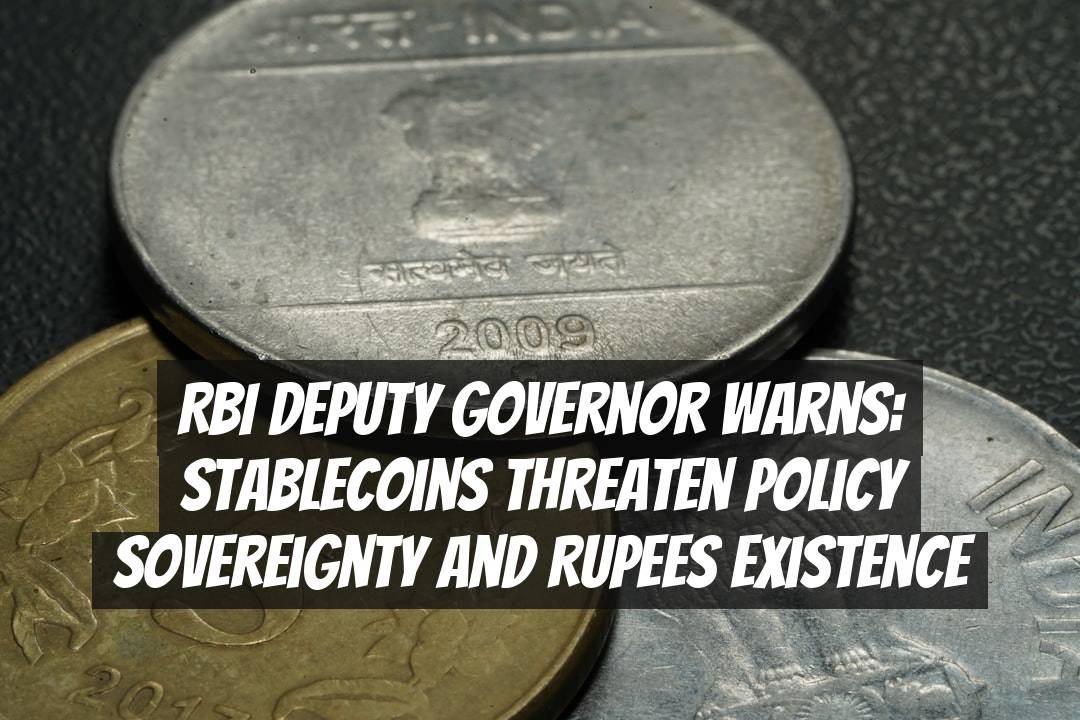Stablecoins Pose Existential Threat to Policy Sovereignty, Says RBI Deputy Governor
The Deputy Governor of the Reserve Bank of India (RBI), T Rabi Sankar, has warned that stablecoins pose a significant threat to policy sovereignty and are not useful for economies like India. He believes that stablecoins are beneficial to economies like the US and Europe, to which stablecoins are linked. Sankar advocates for central bank digital currencies (CBDC) as better “stable solutions” for every country compared to fiat-backed stablecoins. He warns that stablecoins could potentially replace the use of the rupee in India’s local economy and transfer profits made by the government to private players.
Key Points:
- Stablecoins are not useful for economies like India, but beneficial for economies like the US and Europe.
- Central bank digital currencies (CBDC) are better solutions for every country.
- Stablecoins pose a risk of dollarization and an existential threat to policy sovereignty.
- G20 nations, including India, have expressed concerns about fiat-backed stablecoins.
- Regulatory frameworks for stablecoins are being developed worldwide, including in Hong Kong, the US, and Europe.
Hot Take: The Deputy Governor’s warning highlights the potential dangers of stablecoins to economies and policy sovereignty. It emphasizes the need for countries to prioritize the development and implementation of CBDCs, which offer more control and stability. The ongoing efforts to regulate stablecoins internationally demonstrate the growing recognition of their impact and the importance of avoiding risks such as dollarization.

